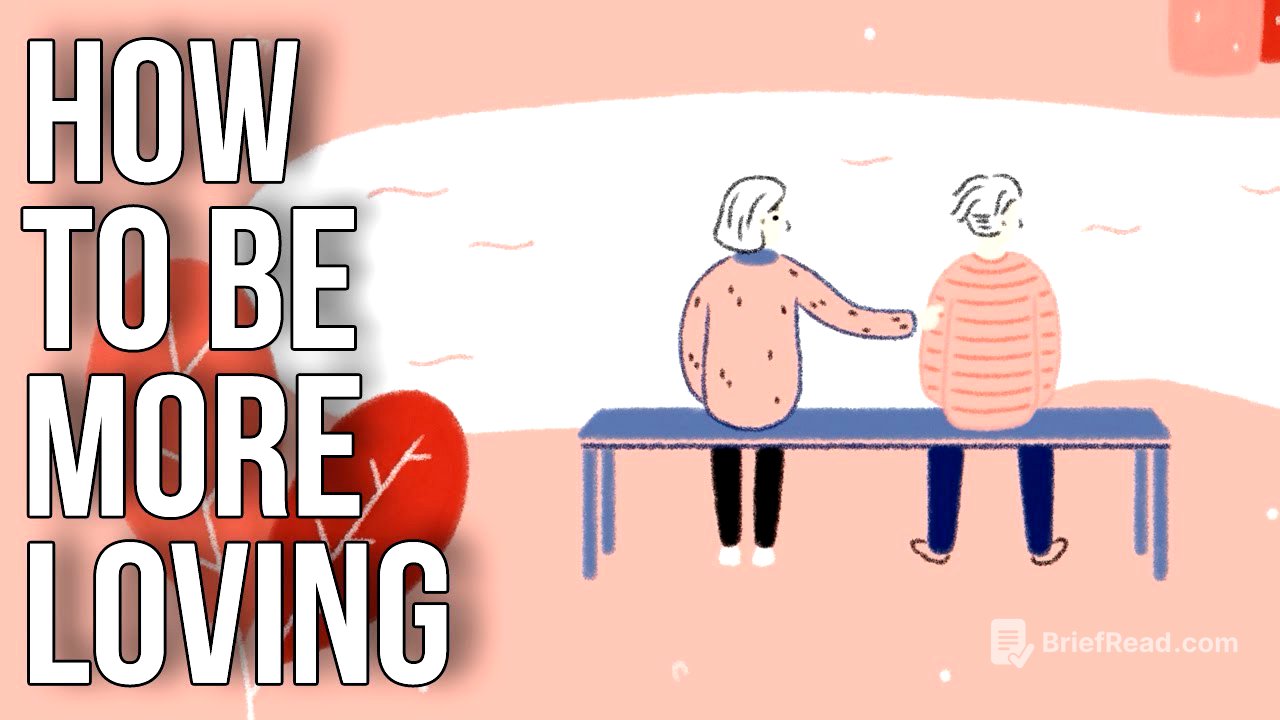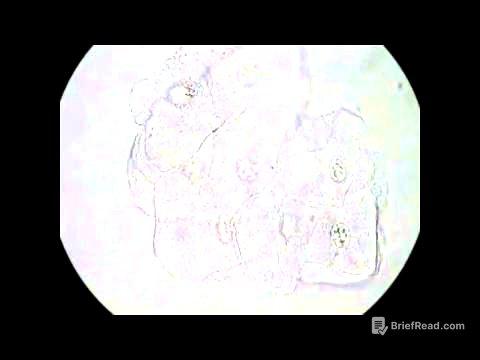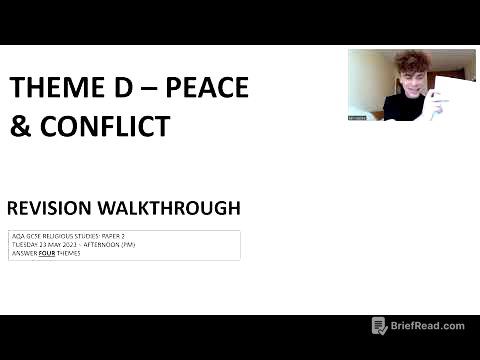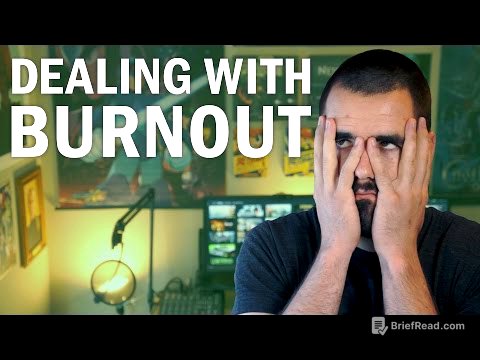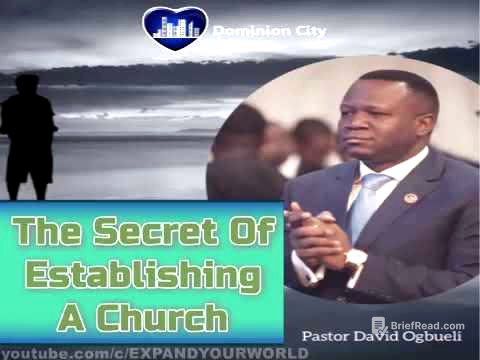TLDR;
This video explores the idea that understanding the root causes of negative behaviour in adults, much like we do with children, can foster empathy and potentially lead to more effective solutions. It challenges the common tendency to quickly judge adult actions without considering underlying pain or trauma, advocating for a more compassionate approach akin to how we view the misdeeds of children. The video suggests that recognising the "inner child" in everyone can transform our perspective on wrongdoing and promote healing.
- Bad behaviour often stems from pain or injury, regardless of age.
- Understanding the origins of negative actions can foster empathy.
- Treating adults with the same understanding and sympathy as young offenders can be beneficial.
The Childlike Nature of Adults [0:05]
The video starts by suggesting that developing a loving attitude towards others involves recognising that everyone, regardless of age, is essentially a child at heart. While adults possess advanced reasoning skills and are held accountable for their actions, children often evoke tenderness due to their perceived innocence and the ease with which we understand the reasons behind their misbehaviour. Children's actions, such as hitting or stealing, are typically seen as responses to pain, discomfort, or emotional wounds.
The Psychology of Wrongdoing [1:26]
When confronted with negative behaviour in adults, people often resort to quick and simple explanations, such as labelling them as "crazy." However, it's possible to consider the underlying reasons for their actions. The video posits that the psychology behind wrongdoing is the same for both children and adults: evil is a consequence of injury. Difficult behaviours are not inherent but develop as a result of some form of emotional wound.
The Importance of Empathy and Understanding [3:16]
It requires patience and humanity to investigate the wounds that drive negative behaviour. This doesn't mean condoning bad actions, but rather understanding their origins. By understanding the circumstances that led to someone's actions – such as a bully's past experiences or a politician's upbringing – our perspective can shift. Psychotherapy helps uncover the connections between symptoms and their genesis, revealing that boastfulness can stem from fear, anger can mask terror, and hatred can be a defence against love.
Treating Adults Like Young Offenders [5:34]
The video draws a comparison between the treatment of young offenders and adults in the prison system. While young offenders are often treated with kindness and understanding to address the causes of their transgressions, adults are typically locked away without such consideration. The video argues that everyone, regardless of age, deserves to have their "crimes" treated with sympathy and empathetic investigation. It advocates for imagining everyone as still being, at some level, infants in a cradle, needing understanding and care.
Connect Card Game [6:35]
The video concludes by briefly mentioning "Connect," a card game designed to foster connection and closeness through questions that help couples rekindle affection.
